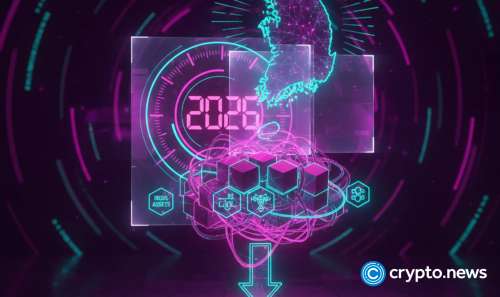Swiss tech company FinalSpark has recently launched a program that intends to bring AI closer to us than ever. The company created biocomputers powered by human brain cells (known as organoids) and they are renting them out to scientists and developers for only $500 a month. From the look of things, Artificial intelligence might just be getting a little bit more biological.
AI Made of Human Brains Could Be the Next Big Thing
As explained by FinalSpark’s founder, Fred Jordan, organoids are lab-grown clusters of human neurons. They work quite differently from traditional computers which make use of silicon chips.
FinalSpark’s AI models are trained on these organoids through a process that imitates the way the human brain learns. By applying electrical stimulation and feeding the system with dopamine, these biocomputers can teach AI in a more efficient and human-like manner.
What makes FinalSpark’s AI models special though, aside from the obvious human touch, is the energy efficiency. The company boasts that its organoid-based systems are potentially up to 100,000 times more efficient than traditional computers.
Typically, AI is known for gobbling up a lot of power. With FinalSpark offering a way to train AI models without leaving a massive carbon footprint, a game changer might just be creeping upon the scene. AI made of human brains is already before us.
How Bright is the Future of Biocomputing?
FinalSpark disclosed that these organoids have a lifespan of up to 100 days. This is a progress from the company's original experiment's lifespan of a few hours. But before getting carried away with the glamor of the hottest AI rental service on the block, there are still challenges to consider.
Perhaps the biggest concern are the ethical questions, which Artificial Intelligence is no stranger to. For most, using human brain cells to power AI would raise at least an eyebrow. Who owns these brain cells? Should human neurons be used for nonmedical purposes? These are questions that will need answering before such AI rental service technology becomes mainstream.
But if you put aside the bioethical debate for a moment, you would see the enormous potential. According to Jordan, it is the only company currently offering this organic kind of computing technology. What FinalSpark is doing is truly revolutionary, considering how these biocomputers will influence the way we train AI in the near future.
AI growth with no energy restrictions already sounds like a big win. Thanks to synthetic biology, high energy usage and data storage which are characteristic of silicon-based hardware will become unproblematic. With FinalSpark at the forefront, AI models will now begin to learn efficiently as the human brain, using a fraction of the energy.
This could potentially lead to more sustainable, human-like AI systems that could be useful in a wide range of fields, from healthcare to finance. FinalSpark also mentioned it is looking for ways to adopt its AI rental service into other tech, like blockchain. The whole concept may sound like a page taken off of a science fiction chapter, but AI made of human brains is very much reality.
As this technology grows before our eyes, we are about to witness AI become not just faster and more efficient, but also possibly more relatable. Look at it this way—if it is powered by human brain cells, it might just be able to think a little more like us. Admittedly, the road may be a bit weird. But it is exciting and definitely something to keep an eye on.




